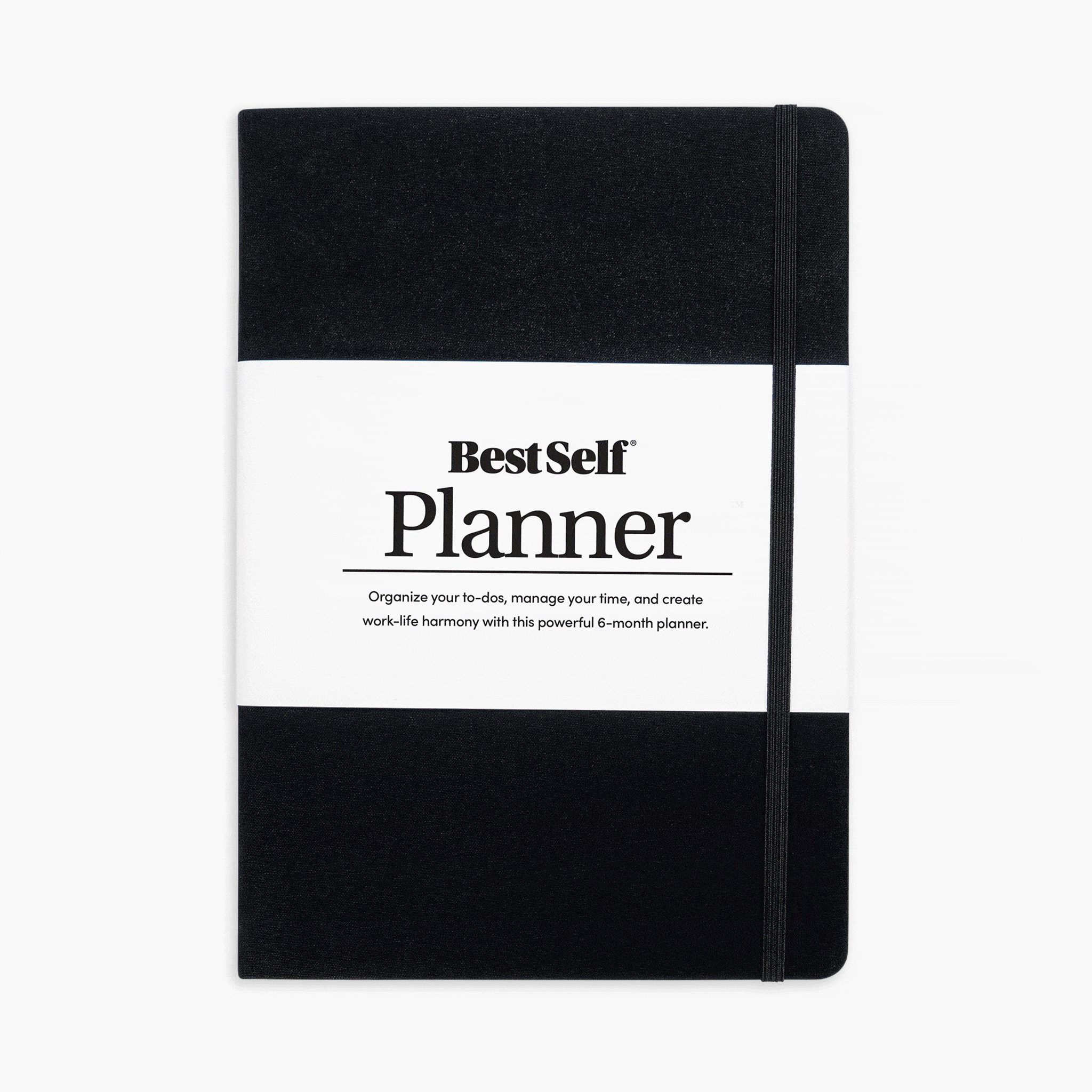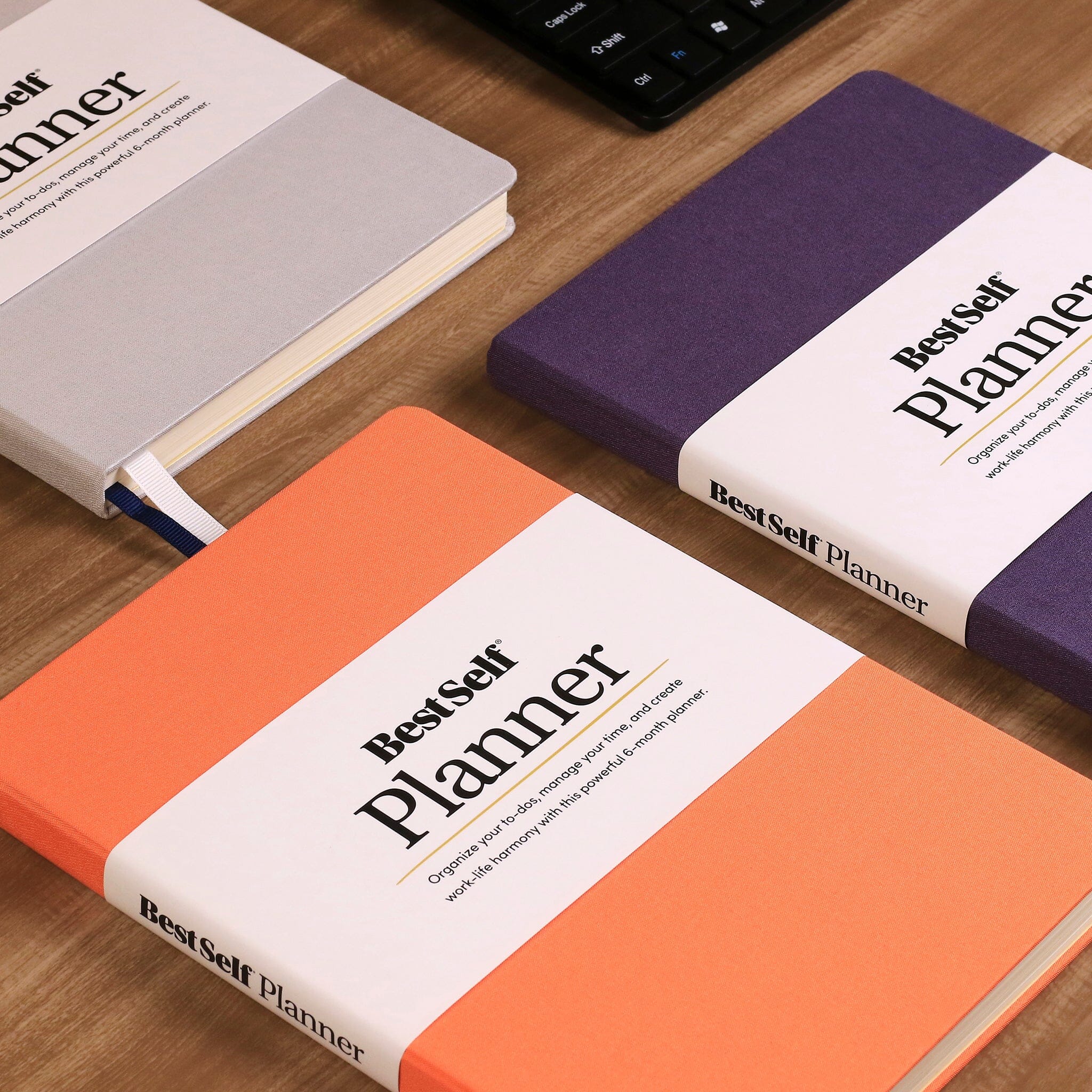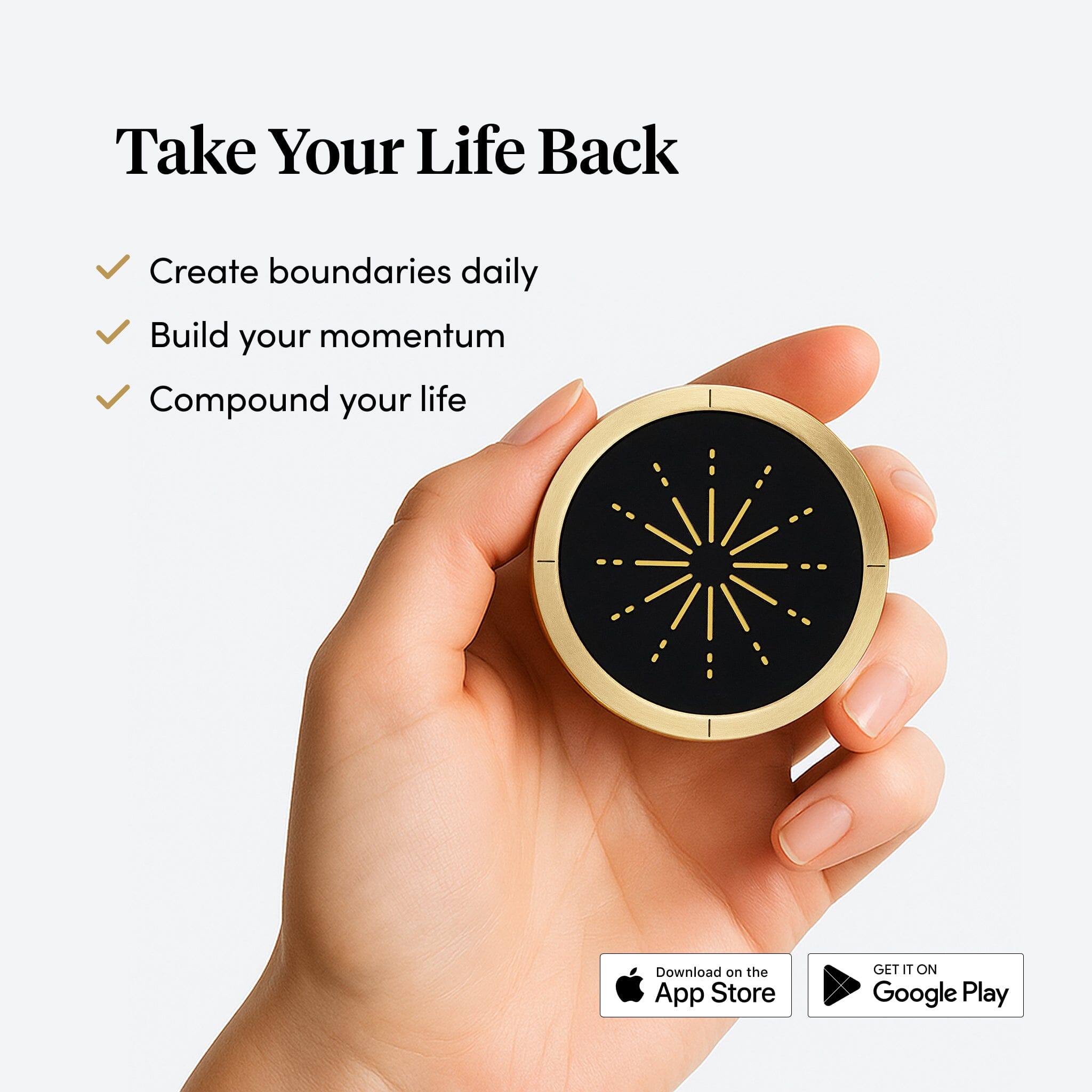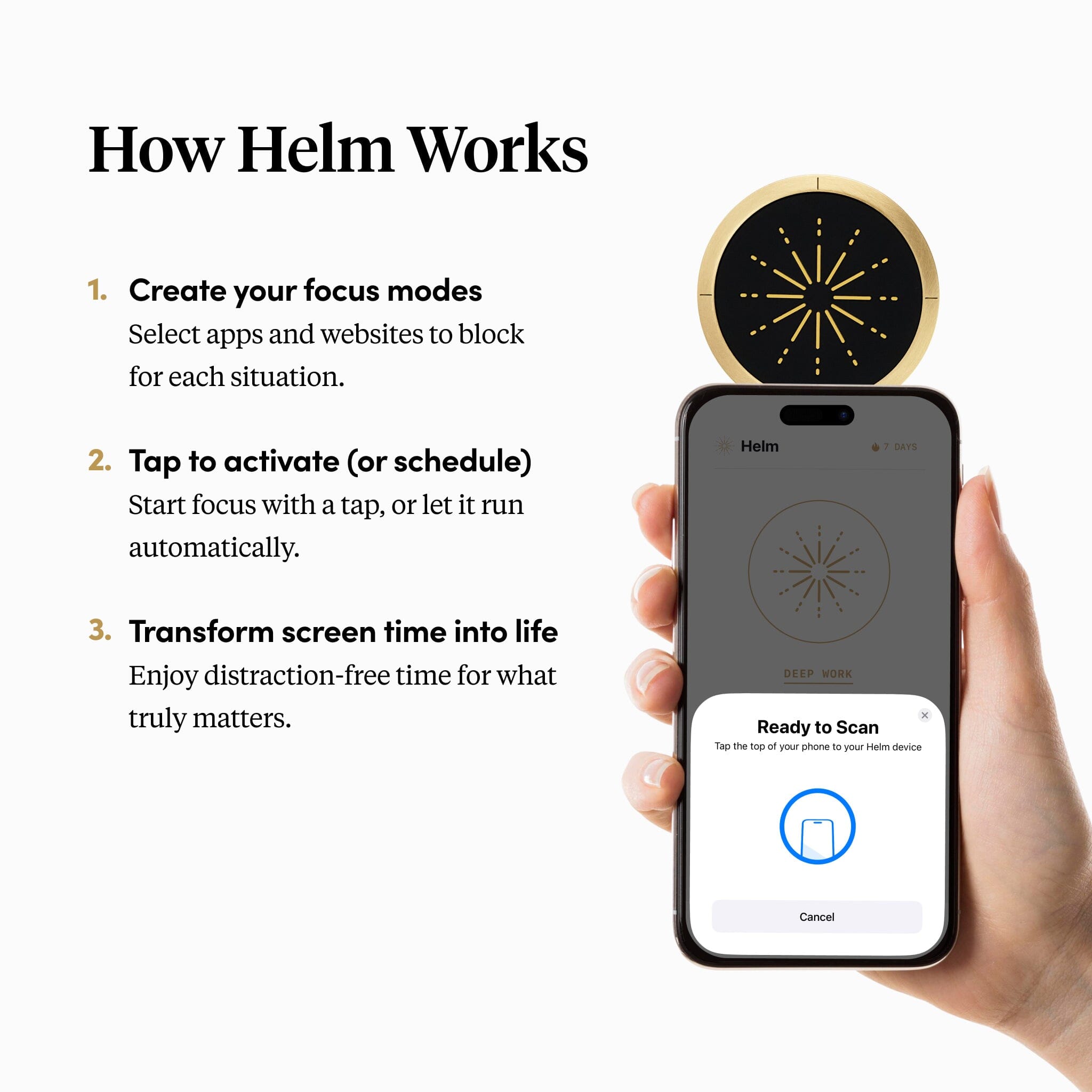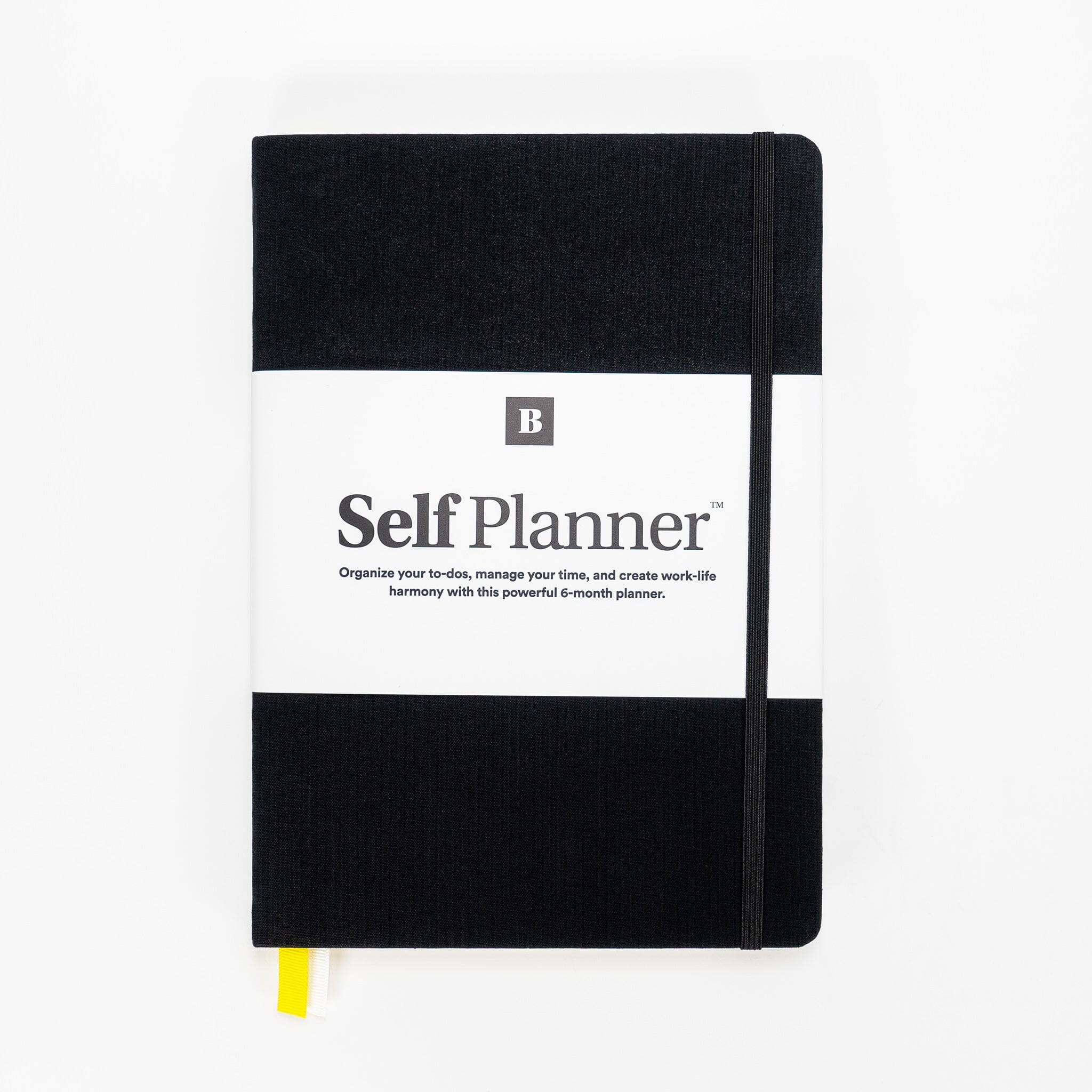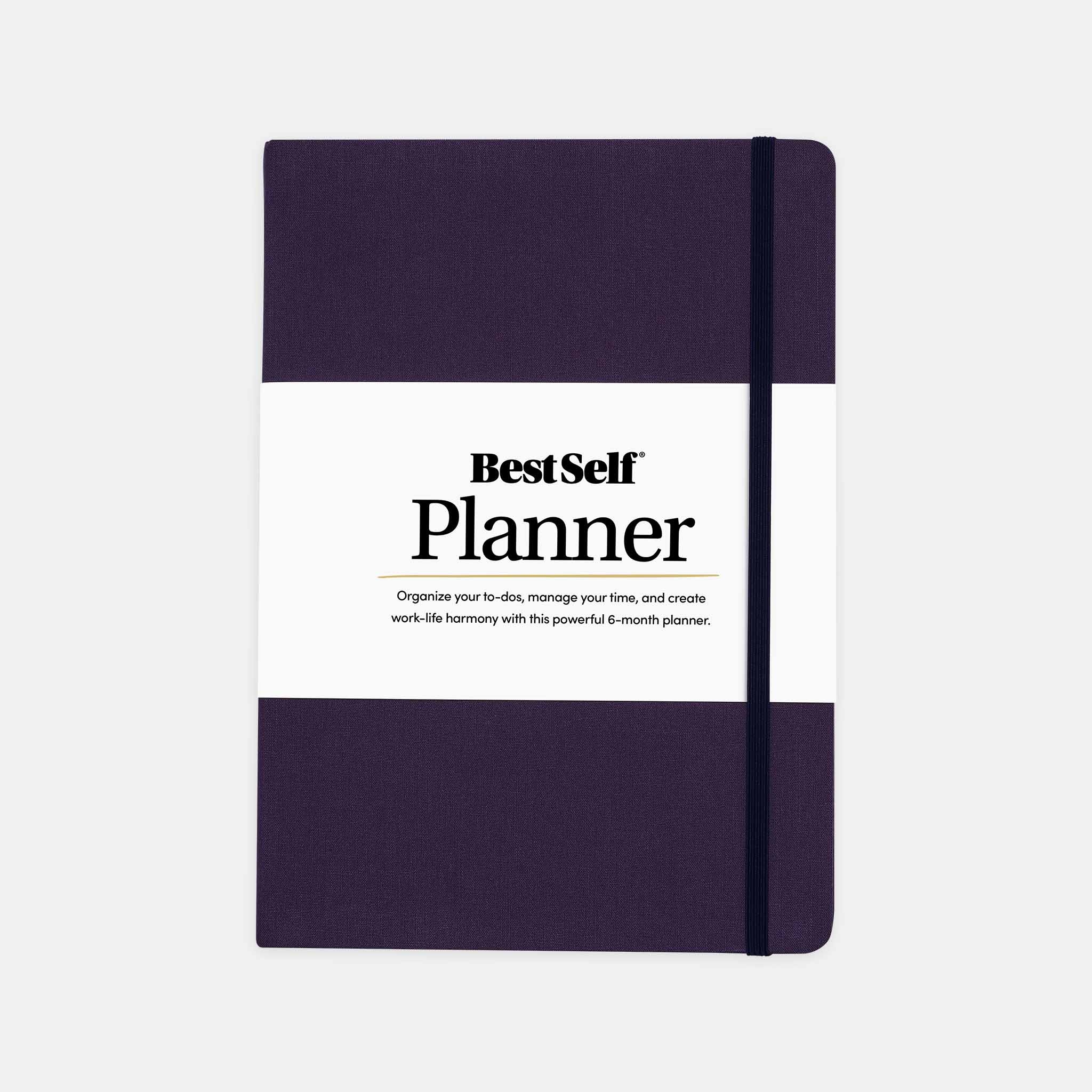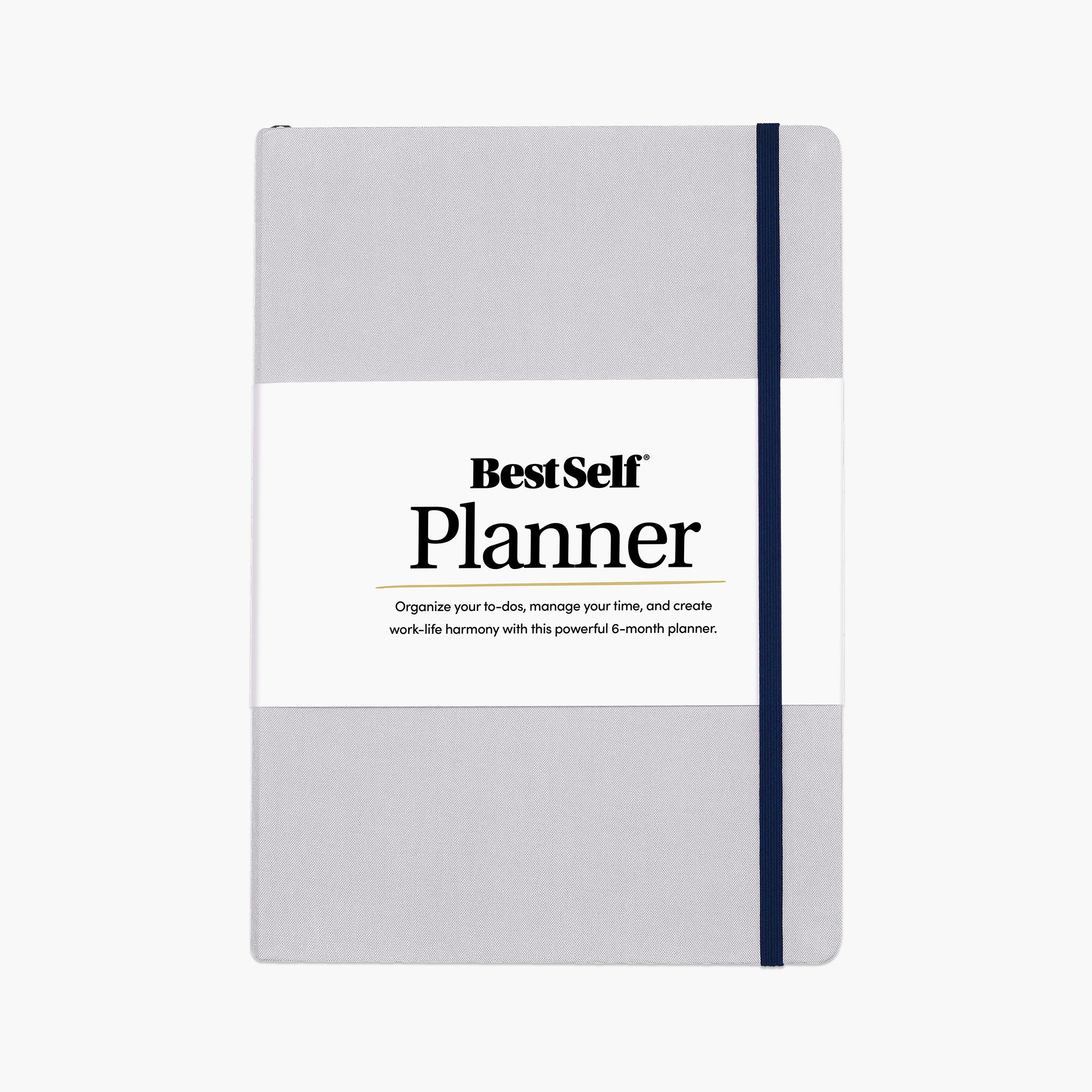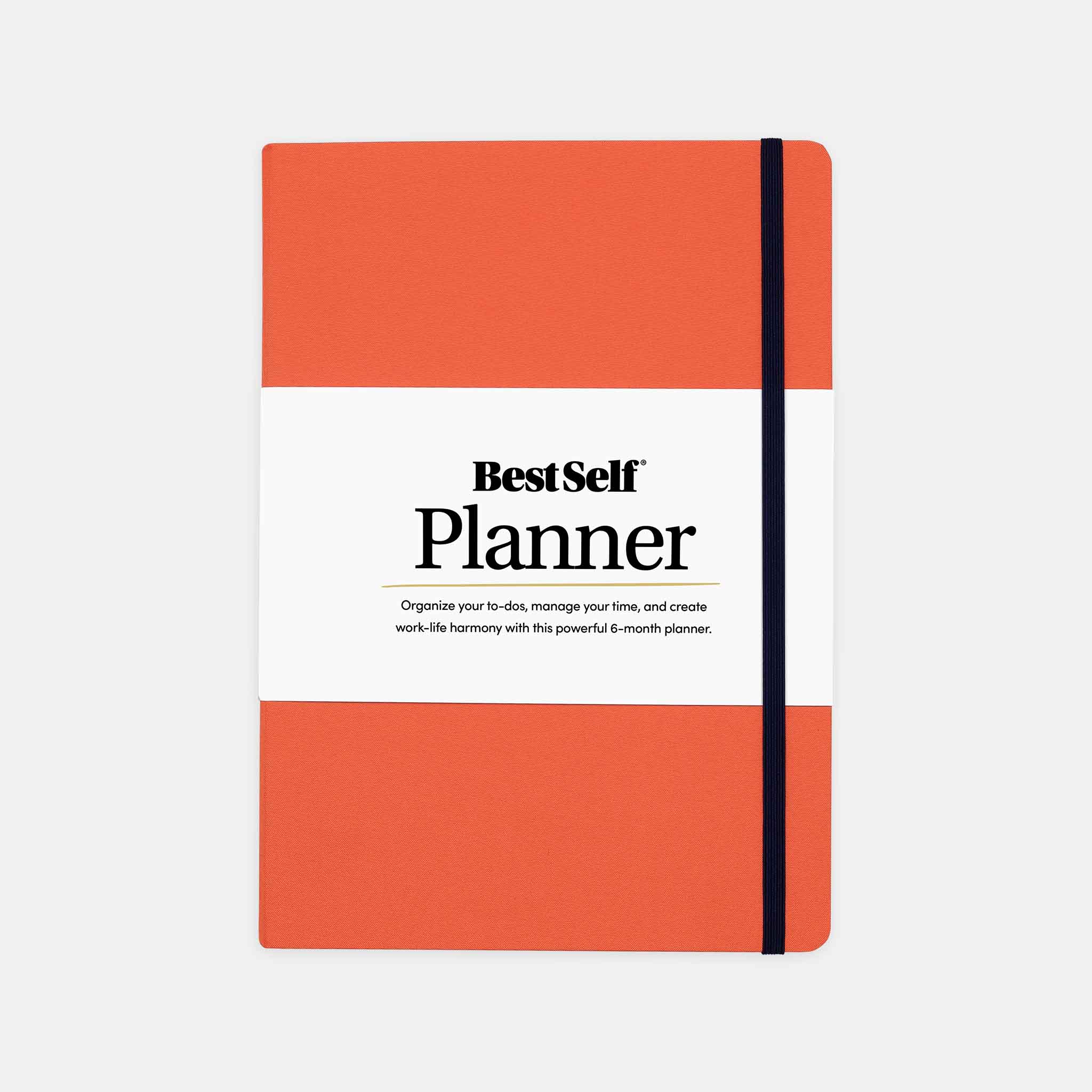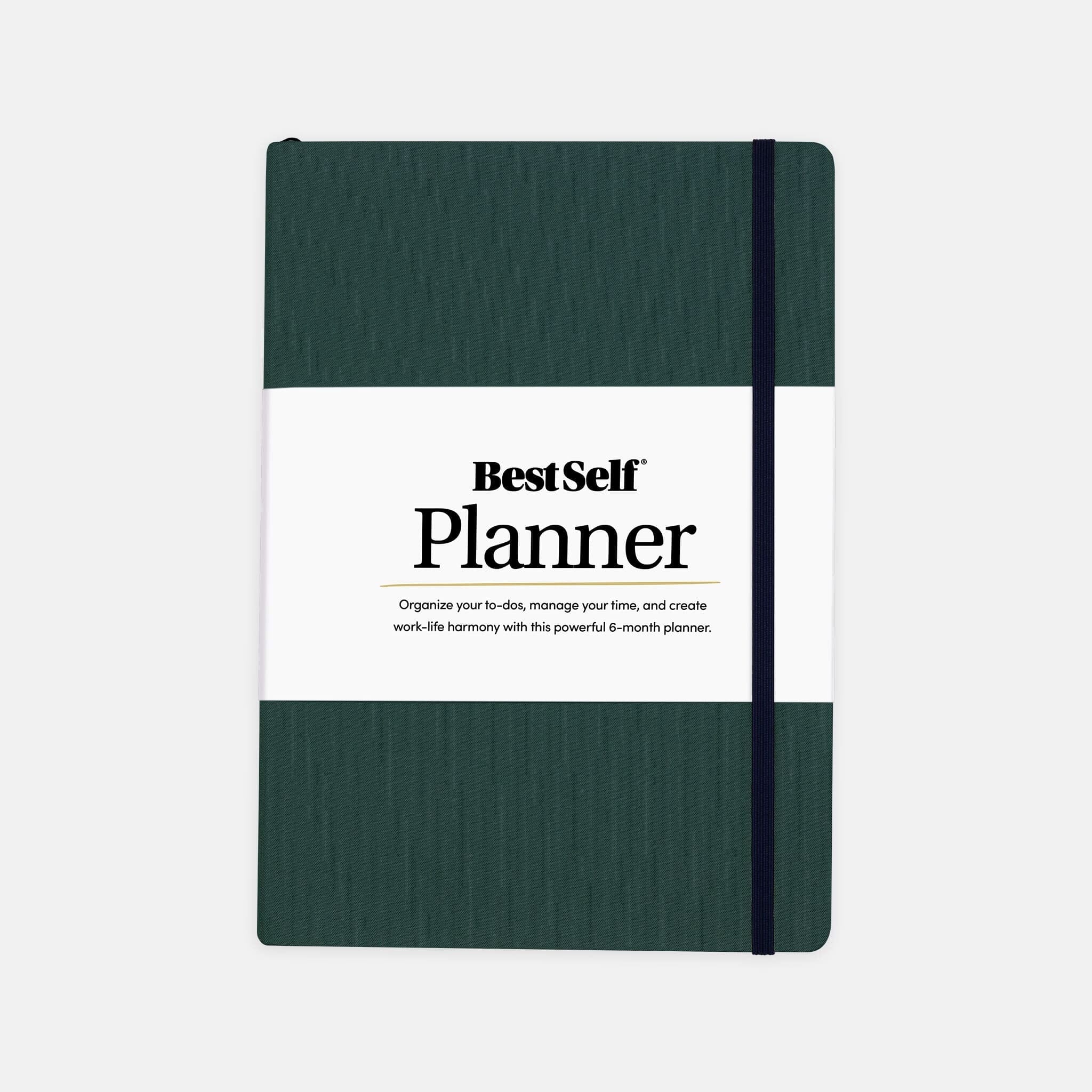Jim Rohn famously said that “You are the average of the five people you spend the most time with.” And you can understand why.
The people you around undoubtedly influence your values, your beliefs, and what you choose to spend your time doing. These are also the people most likely to hold you to account, provide support, and encourage you towards your goals. In short, if you’re around people who inspire you to dig deeper and discover more, chances are you’ll grow faster than you would around people who subconsciously hold you back.
Maybe this is why it’s said that your network equals your net worth.
So if your social circle is an indicator of your success, it follows that your relationship-building skills can give you an edge. In short, if you can communicate with anyone and cultivate rapport with the right people, you’ll be able to accelerate your best self path.
And not just in terms of your goals. Good communication skills will influence all areas of your life - from your intimate relationships, to your hobbies, finances, business, career, and friendships.
Which begs the question - how can you talk with anyone?
How can you strike up meaningful discussion and proactively build the type of connections that can transform your life?
Here are seven techniques to try.
1. Ask open-ended questions
Good conversation doesn’t feel stilted. Instead, it flows effortlessly as the people involved feel comfortable sharing and talking.
Open-ended questions are a must if you want to create this kind of experience. These are questions that often begin with the words how, what, and why. For example:
• How did you end up doing the work you do now?• What’s your biggest achievement to date?
• Why do you care about this?
Open-ended questions invite lengthier responses. They also give people the space to explore their answers and share their stories. This is in comparison to closed-questions that simply require a YES or NO answer.
Ask questions that invite people to open up and share more of who they are, and see where the conversation leads. You’ll likely be surprised at what you discover.
2. Make eye contact
There’s something about the human eye… they even say it’s the doorway to the soul! Perhaps that’s why eye contact can feel difficult. When you look at someone in the eyes, you really see someone [and they feel seen in return]. That level of connection can feel uncomfortable.
But it also shows that you’re listening.
Make good eye contact and you subtly communicate to the person ou’re speaking with that you’re interested in what they have to say. That you’re giving that person your attention. That you’re not simply paying lip-service to the conversation, but you’re genuinely engaged.
In this way, eye contact can strengthen your connection together and help take the conversation further than it might otherwise have gone.
3. Listen to understand, not to speak!
When you speak to other people, are you listening to understand…
Or are you listening to speak?
The approach you take will have a big impact on the connection you build and how much the other person is willing to share with you. Here’s why…
Someone who’s listening to speak won’t be so interested in what the other person has to say. Instead, they’ll be looking out for their opportunity to say what they think and what happened to them. In turn, they’ll protect their own life and experiences onto the stories being shared and as a result, may misinterpret some of the information or overlook key details that could have been explored further. They’ll also see pauses as an opportunity to speak - not as a reflection point for the other person.
If you listen to speak, don’t be surprised if the person you’re speaking with doesn’t feel truly seen and eventually shuts down.
But speak to understand, and you change the dynamics. Instead of rushing to share your own experiences, you reflect back what you’ve heard. You ask questions to deepen your understanding. You make confirmations that show you’re truly listening. When you’re listening to understand, you also become more aware of the non-verbal signals too. You become much more astute at detecting what isn’t being said. This leads to a much deeper understanding of the person you’re spending time with.
Show up for other people in this way, and notice how people are willing to trust you more. You’ll also find they may be willing to share a lot more with you too.
4. Have a great conversation opener in your pocket
How do you kick-start a meaningful conversation with someone?
For many people, the default is “what do you do?”
This feels safe enough and it invites people to talk about their work, but does it really help you get to know someone? Or are you simply falling into the trap of defining someone by what they do?
Years ago I read a book about conversation that made me question this conversation starter. It suggested that I swapped “what do you do?” with “what do you spend most of your time doing?”
It’s a subtle difference, that transforms the conversation you get into.
That’s because “what do you spend most of your time doing?” gives someone the space to talk about their hobbies and their passions. This question also doesn’t create an awkward standstill if someone doesn’t have a job!
Other questions to explore include, “What makes your heart sing?” or “What’s your favorite thing to do in your spare time?”
Have a think about your go-to first question. How could you tweak it to set a better tone and direction for the conversation that follows?
5. Share your stories too
Good conversation finds the balance between active listening and proactive sharing.
If you’re asking meaningful questions that invite people to share more of who they are, then you have to be willing to go there too! If you hold back, then the conversation isn’t balanced and this can impact the level of trust you feel between you.
So make sure you give of yourself. Share your stories and your experiences. Be prepared to be vulnerable [if the situation creates this opportunity]. Sharing your rawness and realness is one of the quickest way to deepen your connection and build friendships and bonds that make your life all the better for having them.
6. Move beyond small talk into something more meaningful
What happens when you’re in a room with people you don’t know?
Where small talk breaks the ice, it won’t helps you cultivate the type of relationships that might actually go somewhere. That’s because small talk keeps conversation at those safe, surface level topics. You know the kind… where you talk about the weather or the performance of your favorite sporting hero!
These types of conversations may help pass the time or help you feel more comfortable in new social settings. But stick to the surface and you’ll never get to know the person you’re speaking with.
If you truly want to get to know someone, you need to find out how they think.
What motivates and inspires them? What do they care about? What are their dreams and struggles?
Talk about something deeper and you can build connections that feel more meaningful and therefore last somewhere.
7. Ask better questions
The quality of the questions you ask is going to determine the quality of conversation you have.
Ask better questions and you’ll have better conversations - it’s as simple as that.
It’s surprising how limited we can be in our chats with other people - both strangers and those we love. It’s easy to stay in our comfort zones and as a result, we build artificial limits around the topics to talk about. In turn, we never explore the wide range of topics that could transform how we share ourselves and how we can feel closer to others.
It’s why we created the Icebreaker Deck.

This pack of 150 prompt cards gives you a stack of interesting topics to talk about with strangers and with the people you [think you] know the most.
Memorize some of these questions so you’re ready to use them at a party, a business event, or even in the line while you’re waiting for your coffee. Alternatively, use them as a game when you’re at home or with friends and family. Simply pull out a card, ask the question, and enjoy learning more about the people close to you.
The Icebreaker Deck sparks your curiosity. It provides you with the fuel you need to figure out what makes people tick. It gives you the questions that allow you to discuss emotions, explore thought processes, and talk about your dreams, desires, learning opportunities, and motivations.
It’s the tool to keep on your desk and weave into your everyday life so that you can start the conversations that might actually go somewhere.
Because the quality of the relationships you build are going to have a profound impact on your life.
Build deeper, more meaningful, stronger connections - in all areas of your life, and you’ll get more out of life.
Because ultimately, life is all about relationships.
Get Your Icebreaker Deck
Some people are naturally good in social settings and conversations. They naturally thrive around people, effortlessly put others at ease, and are skilled at creating the space for connection.
Other people find the conversation more tricky.
But the good news is, conversation skills can be learned and mastered.
And these seven tips plus the Icebreaker Deck will help you talk with anyone.
So figure out your plan, invest in your communication skills, and watch how you’re able to influence your ‘five people’ so you can live your best life.




